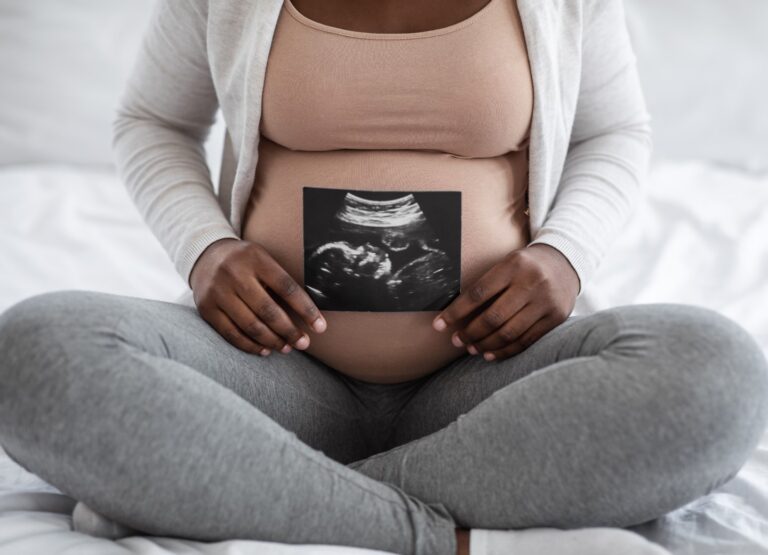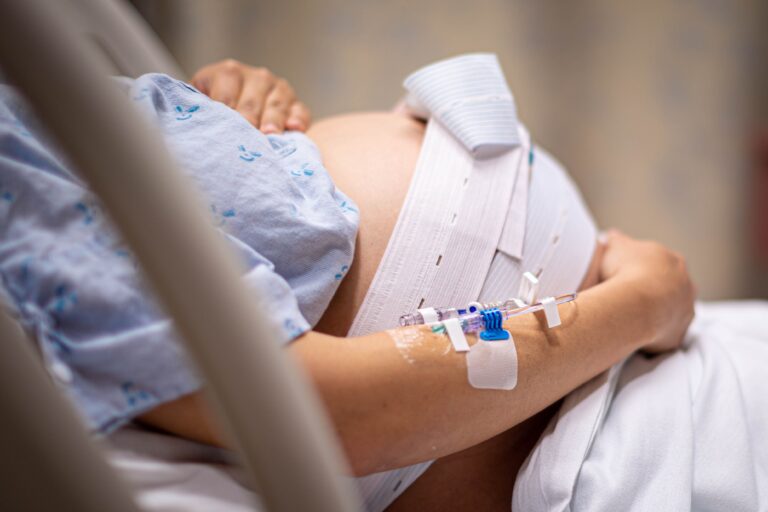The birth of a child is an incredibly special moment and for the vast majority of families, the medical care provided is excellent. Childbirth is not without physical risk to the mother and some women will suffer injuries during the natural course of childbirth, such as a vaginal tear. In some circumstances however, injury to the mother could have been avoided.
Physical injury during childbirth
Physical injuries to mothers during birth include urinary incontinence, vaginal tears that can lead to pain, surgical repair and in some cases, the mother can be left with permanent bowel incontinence and anal sphincter injuries. Olivia Boschat, one of our specialist Women’s Health solicitors covers more about the physical birth injuries from the mother’s perspective in her blog.
We know that these injuries are life changing for many mothers and families, at an emotionally charged and life-changing time. The damage is made all the worse by the culture in this country of not talking about these personal matters. Our dedicated solicitors have experience helping mothers and families to investigate whether the maternal medical care was legally acceptable and whether the injuries should have been avoided. We strive to help get justice and compensation for our clients to help mothers and families have the opportunity to focus on their recovery and spend time with their new child. We can help you get you the financial support you need to help maximise your recovery, manage your injuries and make life a little bit easier.
We are honoured to have teamed up with the MASIC Foundation, a charity who support mothers who have suffered from an injury during childbirth that results in incontinence. We share MASIC’s commitment to raising public awareness around these devastating injuries and work to support the charity enhance the future wellbeing of women and their families.
Psychological injury due to childbirth
Psychologically, a traumatic birth could have long-lasting detrimental effects on the mother. Most mothers and families have excellent medical care, however sometimes trauma, could stem from negligent care such as a failure to monitor mother and baby, failure to act on any signs of distress, failure to listen to what a mother is saying and failure to carry out procedures or use equipment properly.
The mother may be left with feelings of disappointment or guilt that the birth didn’t go to plan, feel angry towards the staff for falling short in their duty of care, or even experience distressing flashbacks of the trauma she suffered. This mental trauma can impact upon her relationship with her child and/or partner, and make life particularly difficult if her child is born with a disability due to the negligent treatment.
Our experienced solicitors understand the impact these life changing injuries can have on the lives of mother’s and families and we are here to help.
Read more about the impact that birth injuries can have on a mother’s mental health in Oliva Boschat’s blog.
We are proud to partner with the Birthrights, the only UK organisation dedicated to improving women’s experience of pregnancy and childbirth by promoting respect for human rights. We are dedicated to the improvement of maternal safety through campaigning and raising awareness.
Dealing with wrongful birth
There are some other circumstances that are classified as birth injury when it comes to medical negligence. One of these is ‘wrongful birth’, and typically refers to the following situations:
Your vasectomy or sterilisation was not performed correctly, and this resulted in an unwanted pregnancy
You can make a wrongful birth claim for loss of earnings and other financial losses that resulted from an unwanted pregnancy, as well as claiming for emotional distress. You may also be able to claim for the costs of terminating the pregnancy.
If you choose to go ahead with the pregnancy, the law states that you can’t claim compensation for the cost of bringing up that child unless the child is disabled. The compensation may also cover the cost of re-sterilisation or performing the vasectomy again.
You were not told about your child’s severe disability, despite medical staff being aware of it
You can make a wrongful birth claim if you would have terminated the pregnancy had you been made aware of your child’s disability.
This could be because you were given wrong advice about the risks of your child being born with the condition or disease in question, you were not given the appropriate screening to test for the condition or disease, or if you were given incorrect information about your baby’s health due to faulty scanning equipment or untrained staff.
You can only make a wrongful birth claim in any of these circumstances if your child was born with a specific disability, which currently includes spina bifida, club feet, hole in the heart and Down’s syndrome. Compensation will generally cover the costs of ensuring your child’s welfare and care in relation to their disability.





















